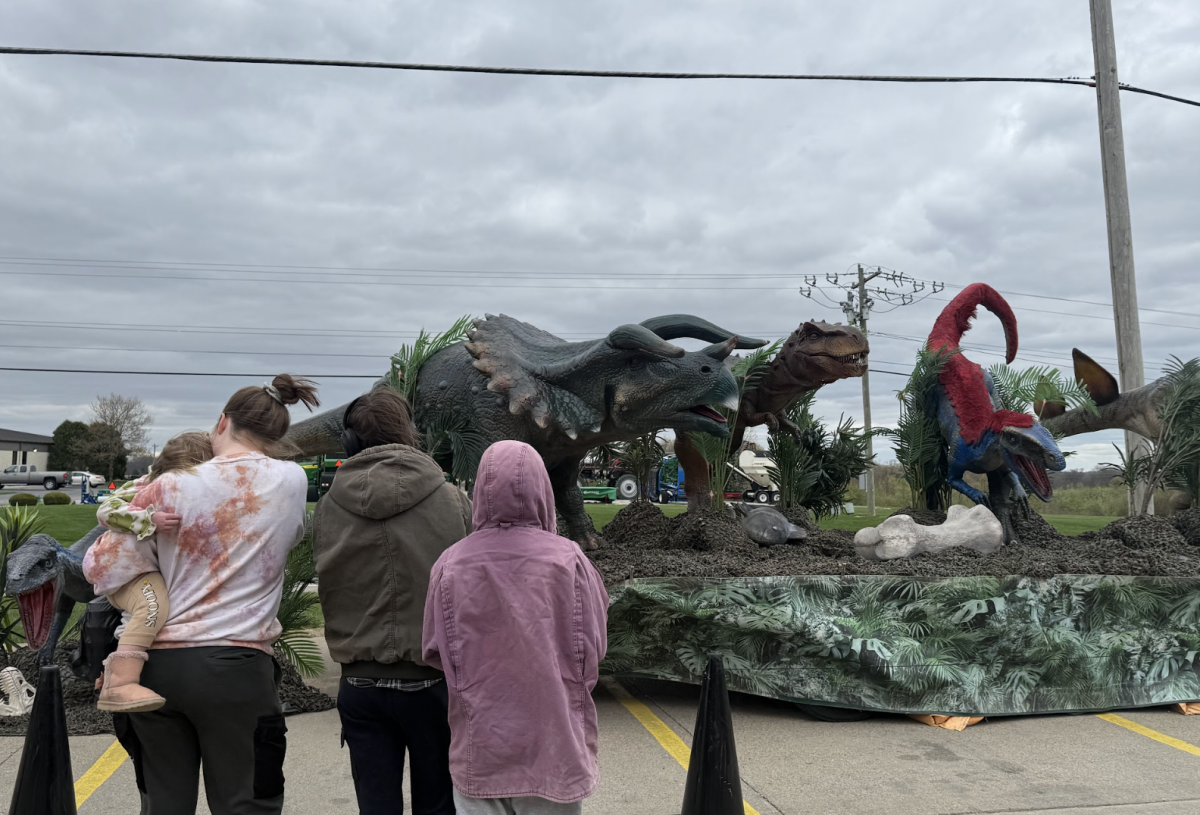The Oxford Area Solutions for Housing (OASH) non-profit organization will count the unhoused residents in Oxford again in January 2025.
The second consecutive Point-in-Time (PIT) count will be done with the help of volunteers who will identify shelters, schools, courts, social services and encampments that house individuals and count from there. The assessment is only held for one day and lasts from 6 p.m. to 6 a.m.
“I think that there’s people who do not know that homeless people are and can be in small towns in the midwest,” said Emily Liechy who is a member of OASH’s human services sector and executive director of Oxford Seniors. “That’s why being a part of the national count will be really helpful.”
While the PIT count date moves closer, the OASH continues to bring awareness to the Oxford community about the individuals experiencing homelessness. The Oxford Presbyterian Church works closely with the OASH.
“Eradicating systemic poverty became one of our congregational calls to serve the community,” said Pastor Lawrence H. Bartel of Oxford Presbyterian Church. “Both our ministry and OASH is seeking to be able to lift up those stories of neighbors who are living in need and how can we partner with one another to alleviate those needs so we can all thrive.”
The OASH is a non-profit organization that was formed in 2023 after the merger of the Eradicating Systemic Poverty Team from the Oxford Presbyterian Church, the Oxford Homelessness Network and Oxford Citizens for Peace and Justice.
The group is formed around six sectors of the community: government, faith-based institutions, education, human services, economy and philanthropy. Each sector is responsible for writing a community-based plan to help combat homelessness and poverty within Oxford.
In December 2023, the OASH organization identified 96 individuals living in unstable housing conditions. Of these 96 individuals, 76 were adults and 20 were children.
Out of the 20 children found, four were considered homeless through the U.S. Department of Housing and Urban Development (HUD) definition and 16 children met the School District definition. Additionally, 56 adults met the HUD definition for homelessness and 20 adults, met the School District definition.
In the upcoming year, the PIT assessment will be held Jan. 28, 2025. The OASH will join larger organizations in surrounding cities to conduct the city-wide PIT assessment.
To conduct a PIT count for 2025 the OASH organization will partner with the U.S. Department of Housing and Urban Development for PIT awareness and programs.
However, with limited offered resources, challenges tend to arise while conducting the PIT count. “There’s always the challenge of finding funding for the work, of actually doing the work and making sure your work fits the federal and state guidelines,” said Liechy.
While working through the PIT count, the OASH organization has been working on grants and funding to provide a permanent housing solution for individuals experiencing homelessness. Although no proposals have been confirmed, the OASH continues to work toward housing these individuals.
One possible solution discussed at the monthly OASH meeting is a Housing First approach. Housing First provides a five-step operation designed to successfully place individuals and families experiencing homelessness into permanent housing.
The five steps include immediate access to permanent housing, participating choice and self-motivation, recovery coordination, participant-driven support and community integration.
The Housing First approach would be funded by the U.S. Department of Housing and Urban Development and the Ohio Housing Finance Agency (OHFA).
“What we are envisioning, and it is to be discussed, it depends on if we get land how much it will be. Will we get 10 acres or 2 acres? And we don’t know a lot of these things, but what we have in mind is starting small,” said Jenny Bailer, one of the four facilitators for OASH.
Although the OASH has just begun its work to eradicate homelessness and poverty within the Oxford community, the organization continues to work toward addressing homelessness and poverty in the community. “I think we have been really successful starting and the first steps of what is going to be a really long journey ahead,” said Liechy.







